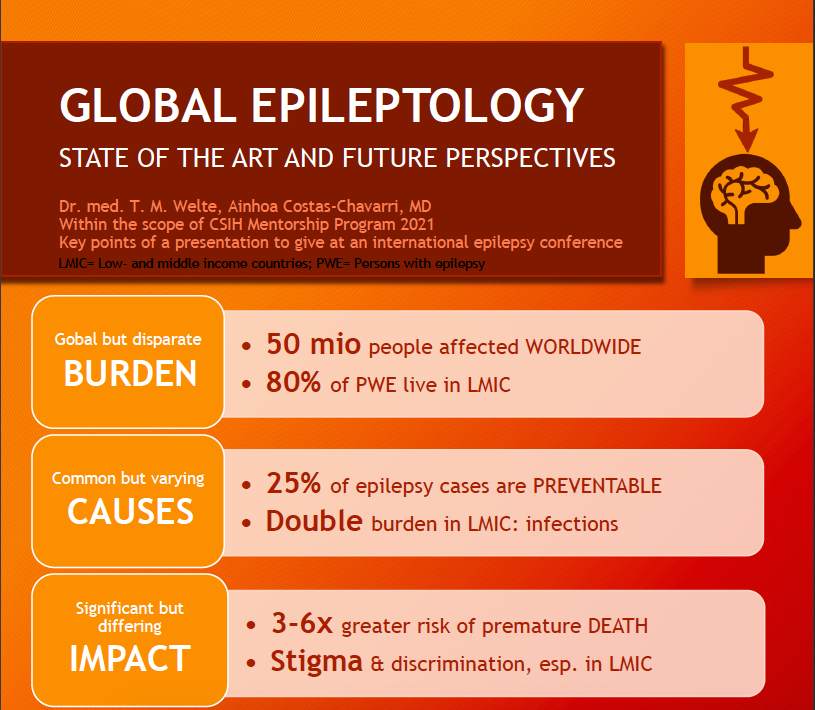The Health Equity Project – Project By: Nastaran Tamiri, RN, BScN - Mentor: Yipeng Ge, MD
Rising conflicts throughout the Middle East has led to an unprecedented surge of refugees and asylum seekers crossing Canada’s borders (Ng, Sanmartin & Manuel, 2016). Healthcare access that is affordable, appropriate and culturally sensitive is a necessity for all human beings, including migrants and those seeking asylum within Canada. Refugees often have lower rates of using primary care and preventative medicine services in comparison to the host population as a result of cultural and communication barriers, difficulty navigating a complex health care system, and a lack of coverage for these services to name a few (Aery, 2018). The Health Equity project will investigate current efforts within Southern Ontario that are helping to provide better access to primary care for refugees and will identify present gaps within the health care system that hinder refugees from equitable access to these essential services. Through conducting an environmental scan and qualitative interviews with identified stakeholders, our project will present a blueprint for a community-based organization that will serve to support Afghan and Iranian refugees in navigating the Canadian healthcare system, create connections with community social services, and provide health education to individuals and families regarding common health issues that stakeholders have identified as a learning gap.
Discussion Module: Inclusive Mental Health Systems – Project By: Peter Steele - Mentor: Ilene Hyman, PhD
One core aspect of CAGH’s MentorNet Program is discussion modules. As participants of the program, Peter and Dr. Hyman were able to foster stimulating discussions and tackle complicated topics. As a means to encourage further learning, they have collaborated to produce a module that combines their passion and background for mental health, while exploring the capacity for inclusive programming on a global scale.
In this module, MentorNet participants can expand their knowledge of global mental health through a critical examination of collaborative psychosocial support, including treatment that prioritizes culturally-relevant programming and local actors. By maintaining a systems approach, participants will learn about innovative practices to build sustainable and transformative mental health support that caters to low-resource environments. Through discussion, participants will be encouraged to challenge their understanding of global mental health structures and consider the efficacy of psychological care and treatment that reaches beyond traditional, western modalities – while still operating within existing global health structures.
Global Epileptology – State of the art and future perspectives – Project By: Tamara M. Welte, MD - Mentor: Ainhoa Costas-Chavarri, MD
 Neurological disorders account for 12% of the global burden of disease. They represent number 1 cause of disability and number 2 cause of death globally. Epilepsy is among the five largest contributors, with more than 50 million people affected worldwide, suffering from higher mortality, stigma and discrimination. Nearly 80% of persons with epilepsy (PWE) live in low- and middle income countries (LMIC). One reason is the double burden of infectious and non-infectious diseases, with e.g. neurocysticercosis as the leading cause of epilepsy in endemic areas of the global south.
Neurological disorders account for 12% of the global burden of disease. They represent number 1 cause of disability and number 2 cause of death globally. Epilepsy is among the five largest contributors, with more than 50 million people affected worldwide, suffering from higher mortality, stigma and discrimination. Nearly 80% of persons with epilepsy (PWE) live in low- and middle income countries (LMIC). One reason is the double burden of infectious and non-infectious diseases, with e.g. neurocysticercosis as the leading cause of epilepsy in endemic areas of the global south.
If properly diagnosed and treated, 70% of PWE could become seizure free. Yet, >75% of patients in LMIC do not receive adequate treatment. This is mainly due to restricted access to medical care and insufficient medication supply. Only few low-price anticonvulsants (e.g. phenobarbital) are in use in most LMIC, but supply chain is often not sustained and stock-outs are common. Another problem is the lack of specialized neurological workforce and education. Whereas in Europe, there are 7 neurologists per 100,000 people, Africa only has 0.04/100,000, without any availability in rural areas.
Within the scope of MentorNet we put together a presentation displaying the state of the art on global epileptology. By presenting at national/international congresses on epilepsy/neurology we aim to raise awareness and promote the global perspective among professionals and experts to foster international cooperation and projects on a clinical, educational and research level.
This infographic displays main points of the presentation. Interested?- Feel free to contact us for more information!
